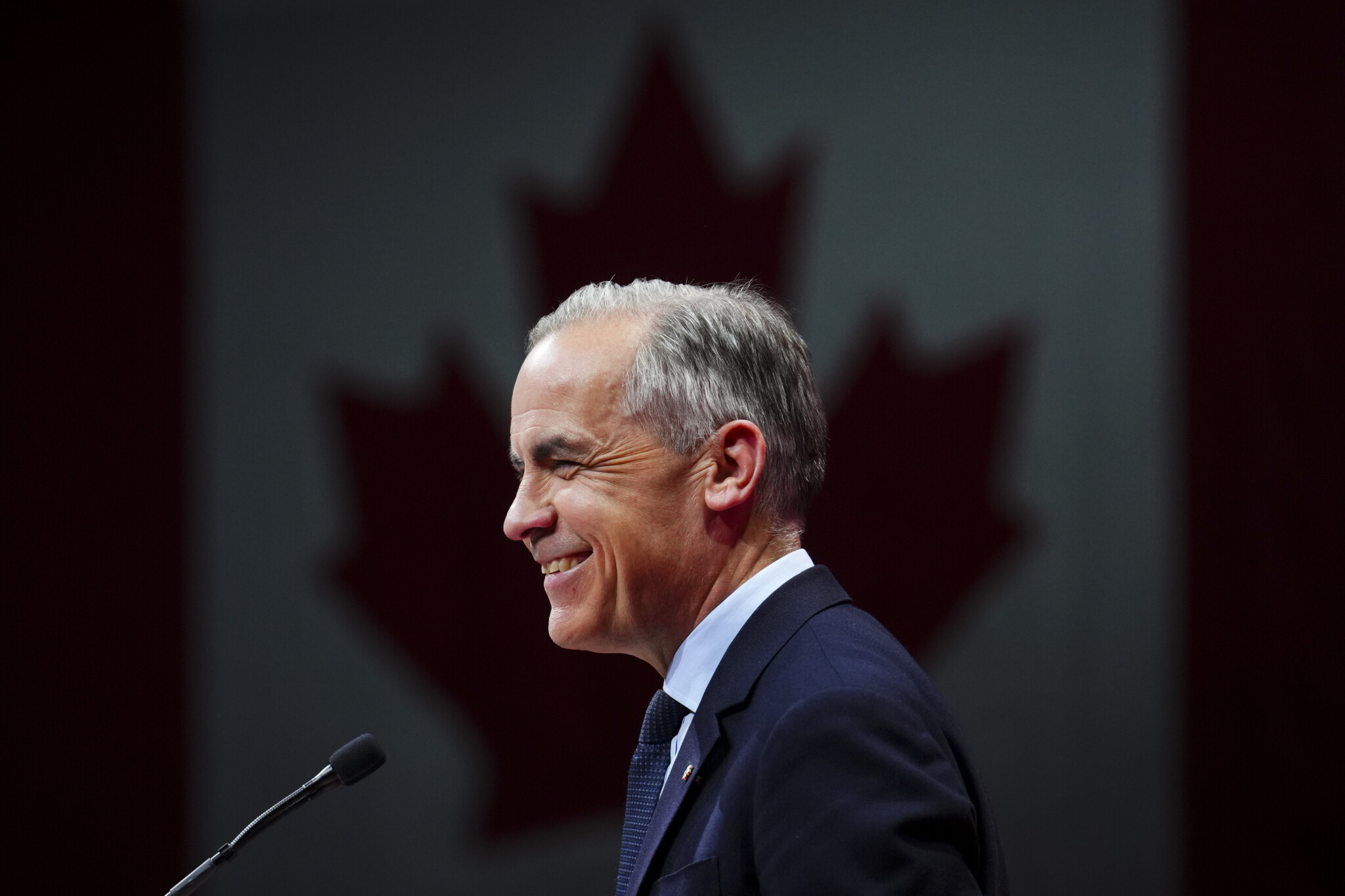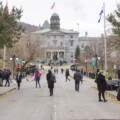On December 15, 2024, Pierre Poilievre was poised to enjoy a thumping victory in the next federal election. The next day, Finance Minister Chrystia Freeland resigned, and everything went south.
The Conservatives lost because they failed to respond sufficiently to Donald Trump’s threats of tariffs and annexation. But they also lost because the Laurentian elite, its very survival under threat, rallied to the Liberal cause and brought it victory, one more time.
Does “one more time” mean “one last time”? That’s the question.
The path to the Liberals’ minority
For anyone not familiar with the term, the Laurentian elite, as set out in my co-authored book, The Big Shift, consists of the political, bureaucratic, academic, business, cultural, and media leaders who inhabit the major cities within the watershed of the St. Lawrence River, principally Toronto, Ottawa, and Montreal. For the most part, they live in the city centres, from the Annex to the Glebe to Outremont.
This elite has governed Canada, mostly by consensus, since our founding. That consensus bequeathed us: equalization, multiculturalism, universal public health care, and bike lanes.
Back in 2011, I argued that Stephen Harper had forged a new and powerful conservative coalition of voters from Western Canada and from Ontario’s suburbs, especially the 905—that swathe of suburban cities surrounding Toronto, named after their area code, with large numbers of immigrant and children-of-immigrant voters.
This conservative coalition could challenge, and even supplant, the Laurentian elite, I maintained. Stephen Harper achieved just that with his majority government in 2011.
A decade later, after the Laurentian years of Justin Trudeau, Poilievre appeared to be doing the same. Fed up with inflation, housing shortages, and one of the worst-performing economies in the developed world, suburban voters abandoned the Laurentian agenda in droves. By mid-December 2024, the Conservatives led the Liberals by more than 20 percentage points.
Freeland inhabited what may be the most Laurentian riding in the country: Toronto’s University-Rosedale. Her resignation as finance minister, along with the excoriating letter she publicly released, forced Trudeau to resign.
It was not inevitable that her loud exit would save the Liberals. There was no reason to believe that suburban Ontario voters held any special affection for Mark Carney, a former central banker who had never run for even dog catcher before winning the Liberal leadership.
But then the incoming president vowed to wage economic warfare on Canada, while urging it to become the 51st American state. Suddenly, a well-versed bureaucrat with experience in crisis management (the 2008 financial crisis in Canada; Brexit in Britain) held a special appeal, especially for Baby Boomer voters who owned their homes and who were counting on property equity and investments for their retirement.
On April 28, outside Quebec, the election became a straight two-party fight between the Laurentian and Conservative coalitions, with the NDP support evaporating.
The Conservatives ate into the outer rim of the 905 and also captured NDP seats from Windsor to Vancouver Island. With better than 41 percent of the popular vote, that should have been enough to secure government.
But the Laurentian Liberals took two percentage points more, and captured most of suburban Ontario and B.C. Older middle-class suburban voters allied with the downtown Laurentians in their determination to advance Carney to protect them from Trump. Younger, less economically secure voters gravitated more toward the Conservatives.
To be clear, Poilievre deserves his full measure of responsibility for the party’s failure. Not recognizing that he was vulnerable in his home riding of Carleton, with large numbers of Laurentian public servants, was especially egregious.
But the fact remains that the Conservatives lost to a galvanized Laurentian elite determined in this time of crisis to put one of their own into the prime minister’s office, and who convinced older suburbanites in Central Canada and British Columbia to join them.
Their final act?
Since we have a minority Parliament, at least for now, the next election could come sooner rather than later. Will the Laurentian elite hang onto power? The oldest Boomers are in their 80s. Millennials now outnumber the Boomer generation. Most Gen Z (those born between 1997 and 2012) will likely be able to vote in the next trip to the polls.
Perhaps the Laurentians will recruit from the young in sufficient numbers to perpetuate themselves. But younger, less economically secure voters are attracted to the Conservative message of lower taxes and less government spending. And one day, Trump will no longer be centre-stage in Canadian politics.
As always, in the next election, the party that dominates in Brampton, Vaughan, Markham, Burnaby, Surrey, and other suburban ridings of Ontario and British Columbia will win. In that election, and in every election to come, there will be fewer older voters and more restless, discontented young.
The Laurentian elite may have engineered their preferred result once again. But Monday may also be their last gasp.










